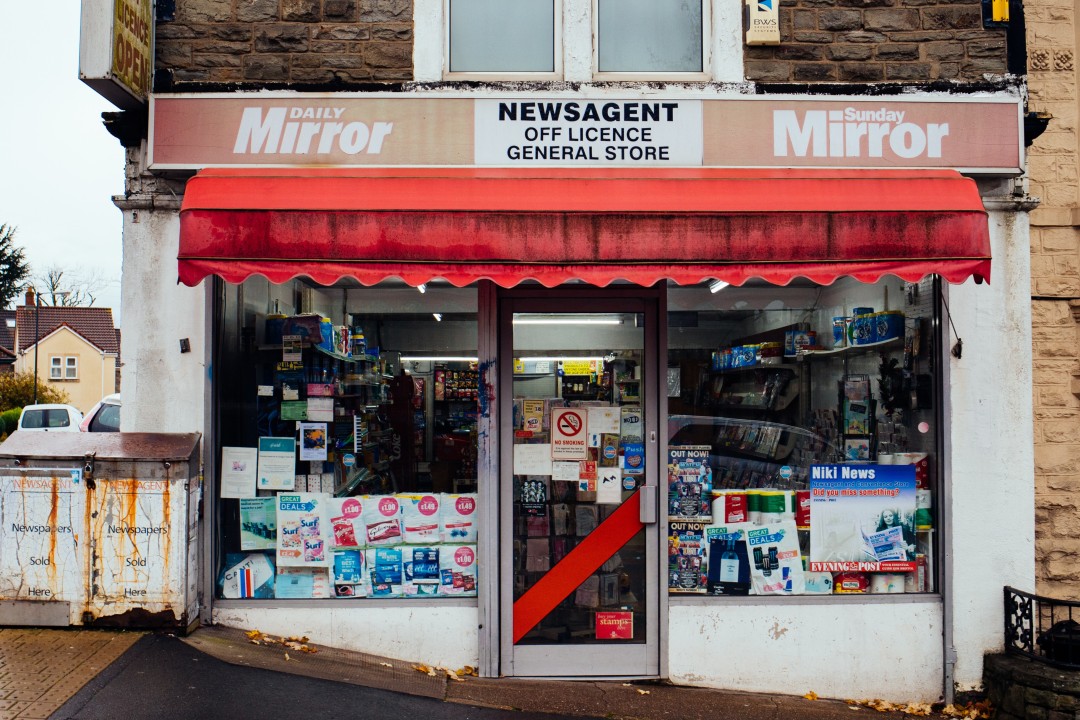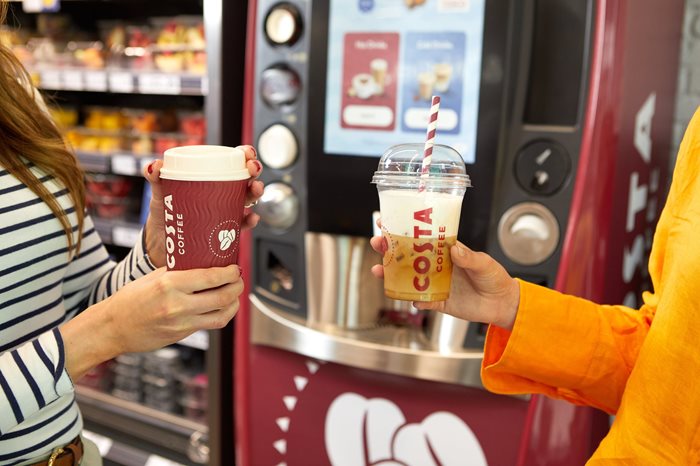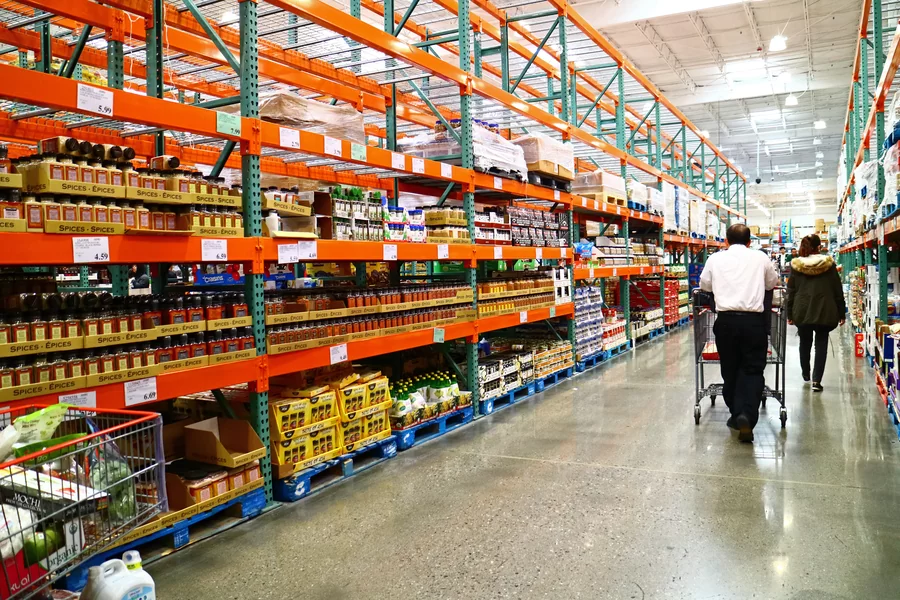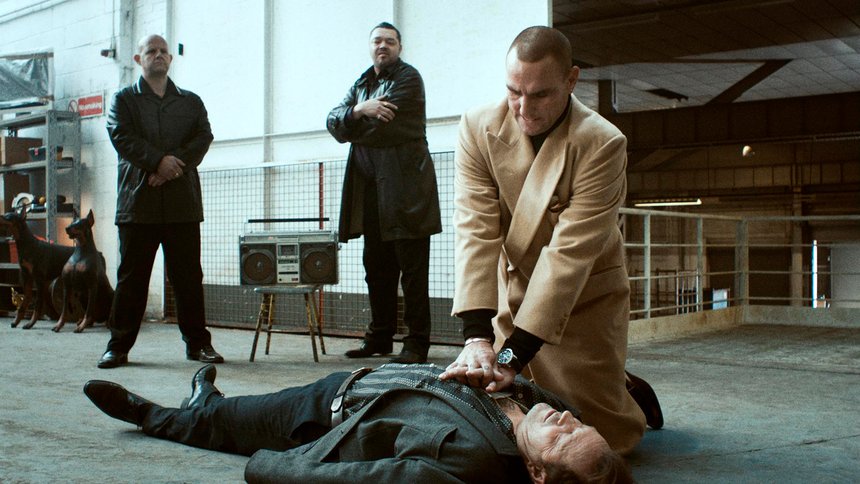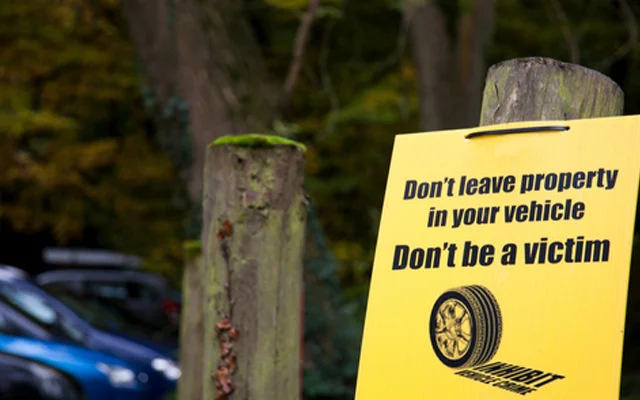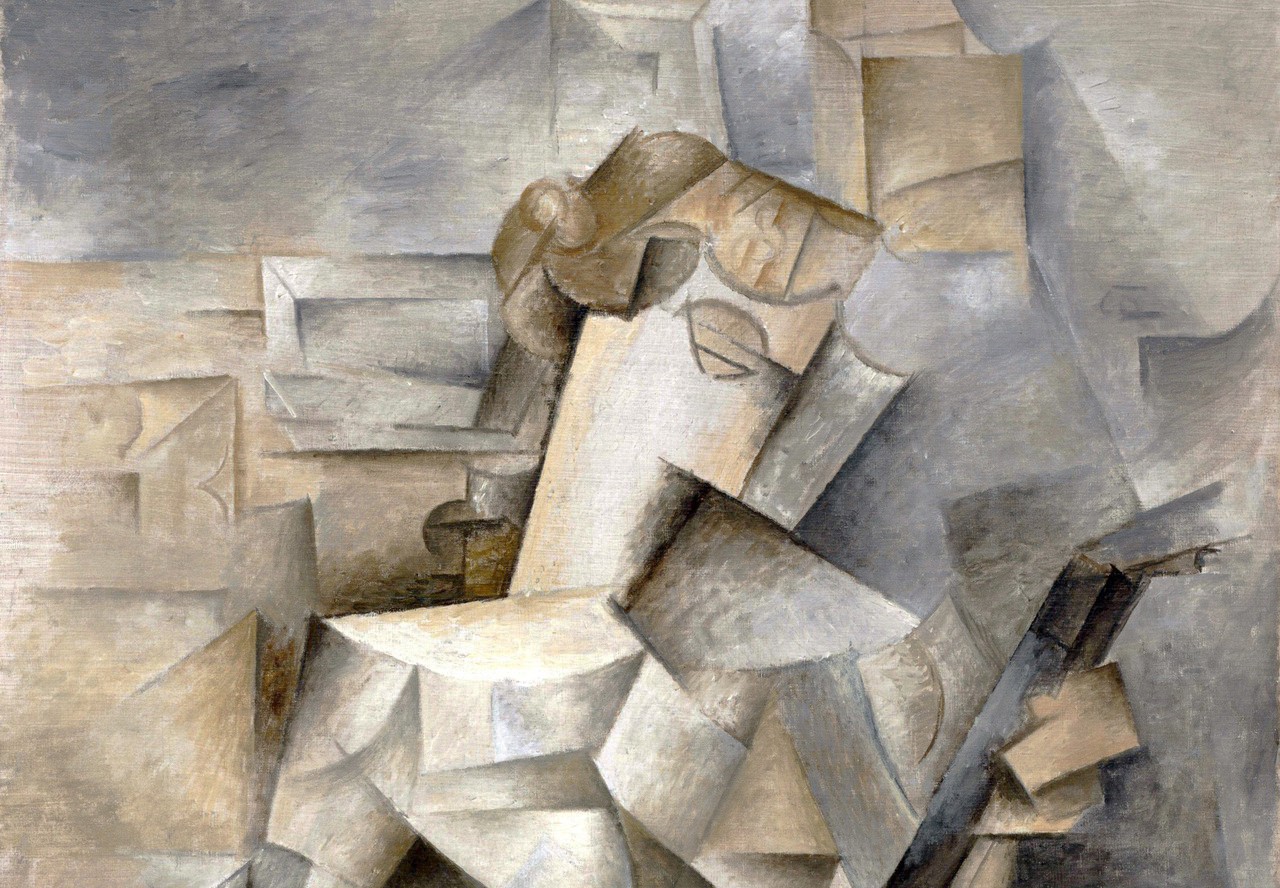The term ‘consumers’ is used so often that we forget there are alternatives. When we call other people ‘citizens’ instead, we improve perceived levels of trust and fairness. Could this re-frame help us unlock a new way of approaching marketing?
All Threads
Britain’s 35,000 corner shops offer more than cheap booze. Evri, a delivery company, now drops 180m parcels a year into shops, or 22.5% of all its deliveries. Customers of online-only banks, such as Monzo, can deposit cash wherever there is a PayPoint, a British payments company that works with corner shops. About 4 million households are on pre-payment gas and electricity meters, meaning they have to schlep to a shop whenever it runs out.
The self service machines were inspired by photocopiers in convenience stores. The manufacturer installed the machine free of charge in return for a slice of the takings. The store owner was on a win-win: all they had to do was fill the copier with paper and ink cartridges from time to time, and then watch the money roll in. Not only that, but the machine brought a new batch of customers into his shop.
At Costco, there are no aisle signs or in store maps to direct shoppers. Plus, Costco frequently rotates its stock and changes the store layout, making it hard to know what is available and where to find it. This is all part of the store’s ‘treasure hunt’ strategy; helping customers find unexpected items and creating a unique shopping experience.
What explains the variation in uptake of the Covid-19 vaccine? For the most part it wasn’t due to technology, or availability, but cultural resistance to vaccinations. Countries like the USA. & Turkey had uptake of 65%, while it was over 90% in Hong Kong and Singapore.
How do you teach CPR at scale? Use a well known song. The British Heart Foundation launched a campaign starring hard man Vinnie Jones, showing how simple ‘hand-only CPR’ can be, to the iconic track ‘Stayin’ Alive’, which is the correct tempo to perform chest compressions.
Inspired by the “broken windows” theory of crime – where minor disorder leads to the potential for more severe crime – the NYPD aimed to increase enforcement around minor offences throughout the 2000s. Unfortunately, the target encouraged arrests for absurd crimes; eating doughnuts in a Brooklyn park, or subway riders placing their feet on seats at 4am.
The crime targets introduced by the Labour Party in the 1990s led to some anomalies. One police force showed a 27% decrease in “theft from a motor vehicle”, which did have a target, but a 407% increase for “vehicle interference”, which didn’t.
After the pandemic led to cruise ships being branded as “floating petri dishes,” 2024 saw a record number of passengers taking to the water for a holiday. Passenger numbers were up by 14.5% compared with 2019, which itself was a record year.
Cubism was one of the most innovative art movements of the 20th century, but it was a clear reformulation of the post-impressionism wave that came decades before. For instance, the deconstruction of shapes into precise angles and distinct areas can be seen in the work of Paul Cezanne as early as 1885. In fact Picasso openly acknowledged the influence of Cezanne on his work, describing him as ‘my one and only master’.
When a group of cyclists were asked to ride to the point of exhaustion, they lasted 18% longer when the clock (secretly) ran 10% slow. In other words, ‘maximum effort’ is a psychological, not physical, limit.
Dating apps have come full circle. Their latest offer is in person meet ups.
When the football icon shaved his hear in 1999, journalists said it was an intentional move to mark “his rite of passage from single man to husband and father.” But according to Victoria’s memoir it was her own stylist who suggested it: “David would have been happy with just a bit of a crop.”
Clock changes are no laughing matter: leaving Daylight Savings Time in the autumn increases minor road accidents by 13%, when an hour of sunlight is reallocated back to the morning and it is darker in the evenings.
A single word can make a policy significantly less appealing. According to pollster Frank Luntz, 68% of Americans oppose inheritance tax when it is labelled ‘estate tax’, but 78% opposite it labelled as ‘death tax’.


